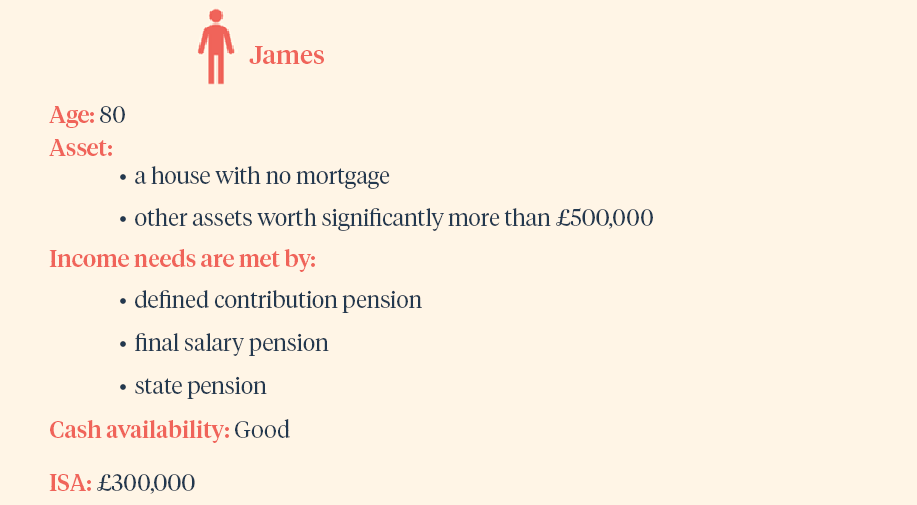Investing in AIM shares can provide 100% inheritance tax relief, saving you up to 40% in tax. It’s also one of the fastest ways available to reduce your inheritance tax position, as AIM shares typically attract inheritance tax relief within two years. They are quite a specialist option though, and certainly not appropriate for everyone. However, in the right situation and with the right advice, they do offer an interesting solution to individuals looking to shelter funds from inheritance tax.






